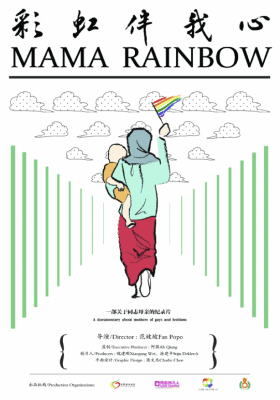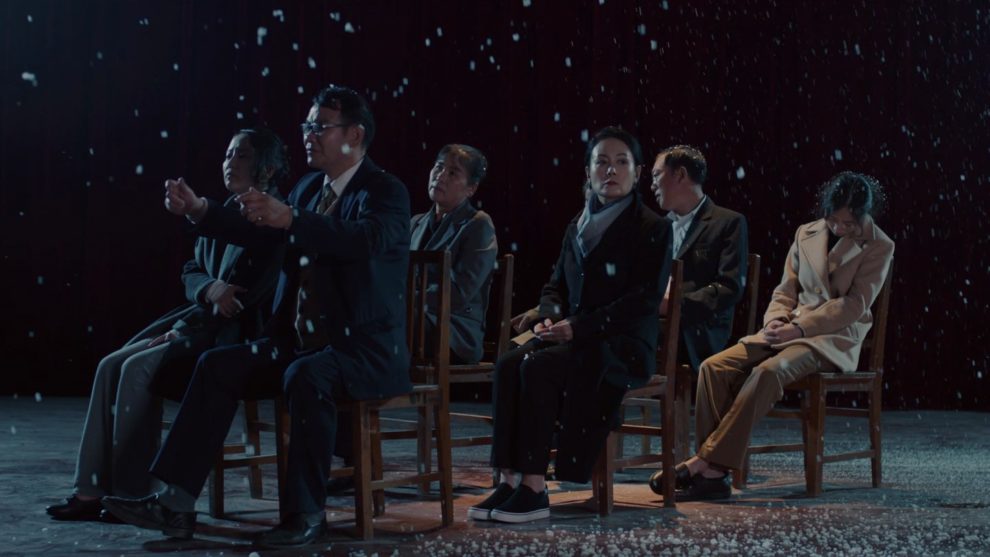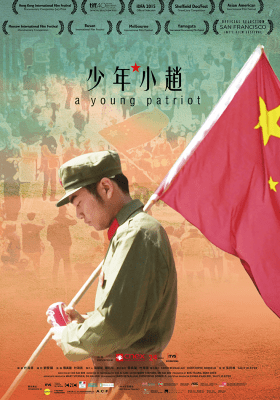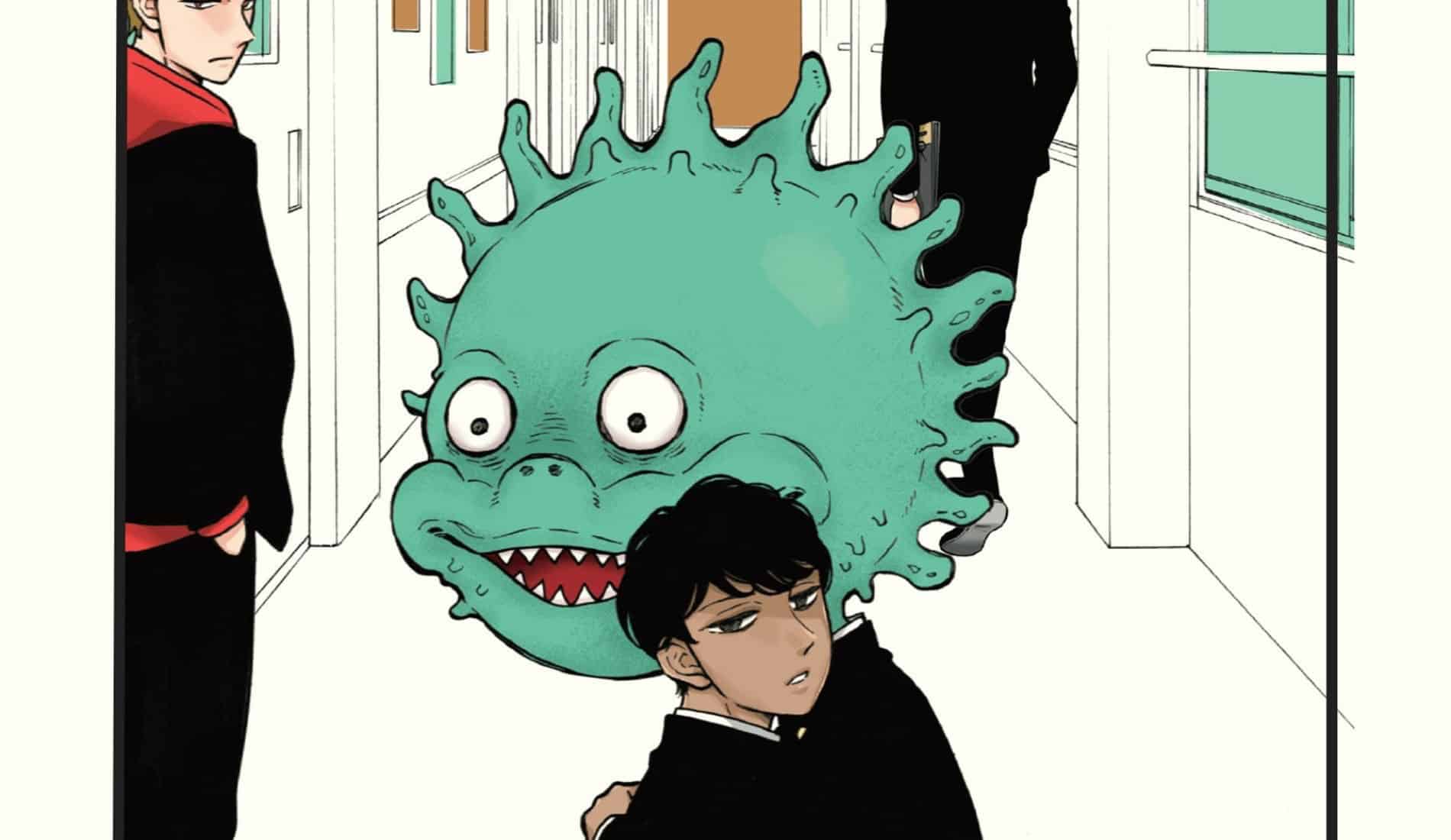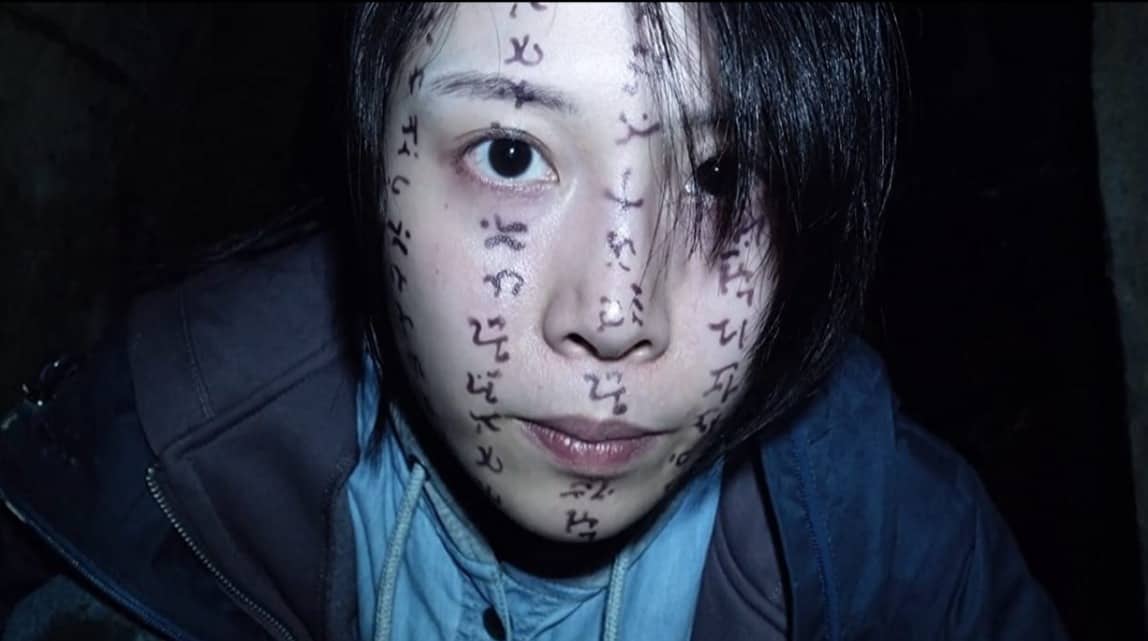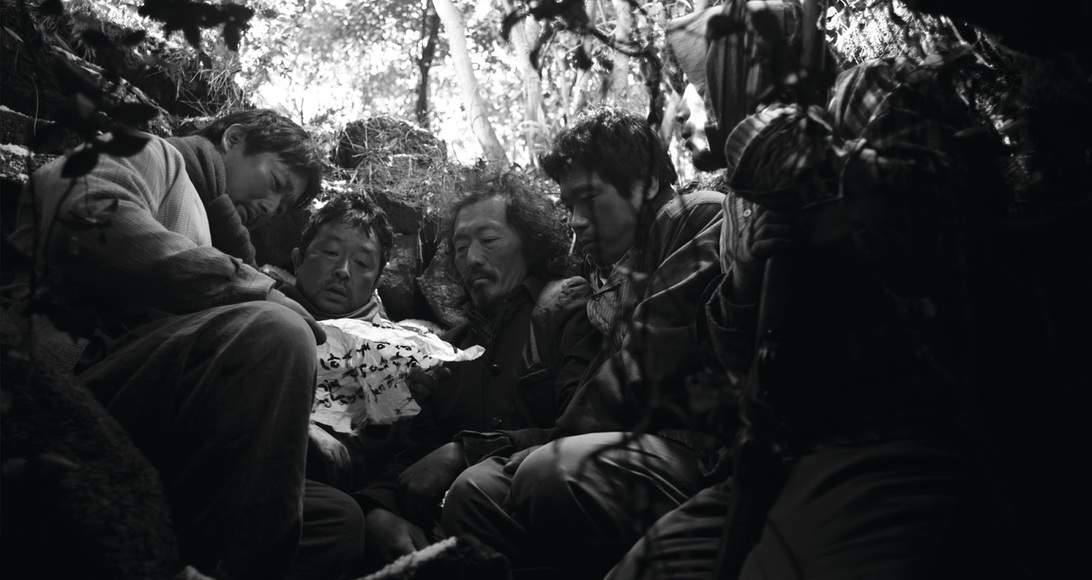A market-and-hit-driven film industry has been formed across the globe. As a result, there is less room to survive for independent productions that grapple with tough social issues and reflect the fast changing society from different perspectives. Despite the boom of Chinese cinema in recent years, local, independent filmmakers lack opportunities to present their works to a global audience. CathayPlay is a streaming platform focused on promoting exactly those movies, advocating the spirit of independence, respecting the director-centered filmmaking style, breaking free of the mainstream industry and discovering more films merging art-house style with social commentaries. In this article, we will present 10 of the most interesting productions featuring on the platform.
1. I Have Nothing to Say (2017) by Ying Liang

Inspired by a trip where Ying traveled with his in-laws to Taiwan, it is clear to see the story parallels his own life. Much like himself, Shu lives in Hong Kong for safety after angering Chinese authorities with her films; films which her mother has not seen. This self-imposed exile and the self-imposed restrictions on the time in Taiwan reflect the increasing influence Ying feels China is having on Hong Kong, in-light of recent protest movements which are referenced. With so many political reunions and divides across the globe, Ying comments that these will never be as easy as they are made out to be and will always leave people divided. (Andrew Thayne)
Watch This Title
2. Beer! Beer! (2019) by Popo Fan

“Beer! Beer!” is a funny short feature about the improvised nature of life and the chance encounters our time on earth is filled with. Director Popo Fan has managed to create a quite entertaining feature, whose choice of Berlin and its nightlife as backdrop to its story is quite fitting and works very well. (Rouven Linnarz)
Watch This Title
3. A Young Patriot (2015) by Haibin Du
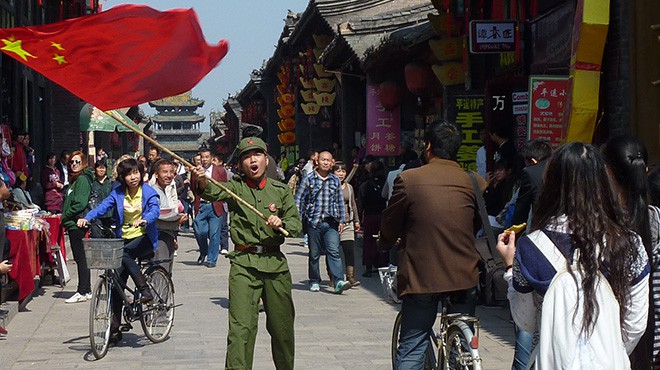
The critique of destruction for the sake of economic modernization becomes even more poignant when the same government that Xiao praises the entire runtime of the documentary decides to destroy his grandparents' and parents' houses. Then, instead of realizing the ridiculousness of his extreme fervor for an impersonal and dehumanizing regime, the young man just tries to find justifications for what it does to his family. He puts the blame on a slew of things, but never on the system itself. Precisely in this schizophrenic state of extreme belief coupled with bitterness and hatred lies the greatest discovery of Du's three year-long observation of the young patriot. After all, he has the privilege of not having to live through the atrocities the previous generations did. Instead, he was fed with the sugarcoated official narratives about them, coupled with relative material wellbeing and economic prosperity. But in the end, both his life as that of almost everyone else in his country is valueless in the eyes of the system. (Martin Lukanov)
Watch This Title
4. A Dog Barking at The Moon (2019) by Xiang Zi

“A Dog Barking at the Moon” is an ambitious first feature and a step ahead for homosexuality representation in Chinese cinema, although Xiang Zi openly said she didn't really specify what kind of extra marital affair she was going to portray when she submitted her film's synopsis to the Chinese censorship board. Well, then kudos to her boldness and to her newborn directorial career! (Adriana Rosati)
Watch This Title
5. The Drum Tower (2018) by Popo Fan

In the end, initiatives such as “Holes in the Wall” may be just tiny changes, microscopic even. But their effect is profound and dangerous as they change the face of a city as well as of a society, undermining social cohesion in the process. Popo Fan has managed to make a poignant and short, yet provocative tale about the danger of leaving change of an authority using the concept to manifest its own oppressive political agenda. (Rouven Linnarz)
Watch This Title
6. Twenty Two (2015) by Ke Guo
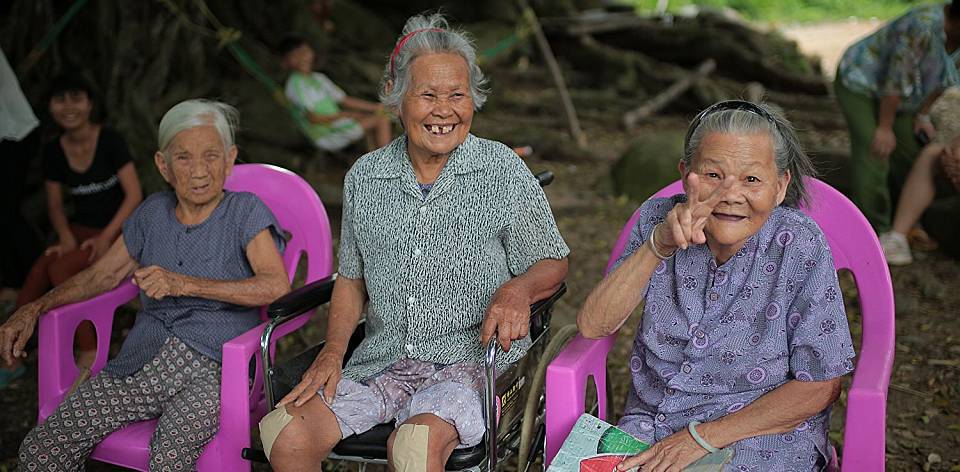
Ke Guo takes a very careful approach to his subject, as he tries to learn as much as possible regarding the tortures of these women, without forcing them, though, to speak about topics most of them want to forget. At the same time, his focus seems to be mostly on their lives currently, rather than their past, although both the aforementioned elements do not mean that the horrors of the experiences of these women in the hands of the Japanese soldiers are not depicted. On the contrary, through their interviews, a number of shocking details regarding forced marriages, continuous rapes and an everlasting shame are presented quite thoroughly, to the shock of anyone watching. (Panos Kotzathanasis)
Watch This Title
7. The Blind Storytellers (2014) by Bai Zhiqiang
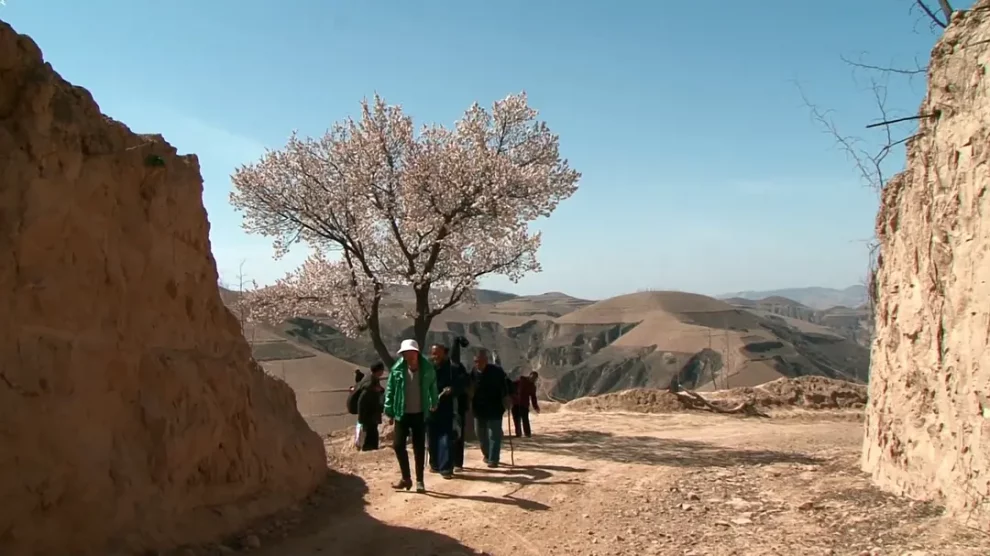
In the end, “The Blind Storytellers” is a solid and thoughtful documentary about the shifting face of China, especially its rural areas. Bai Zhiqiang's camera gives us an insight into a way of life which is about to become extinct, while also posing questions about progress and economic securities.(Rouven Linnarz)
Watch This Title
8. When Night Falls (2012) by Ying Liang
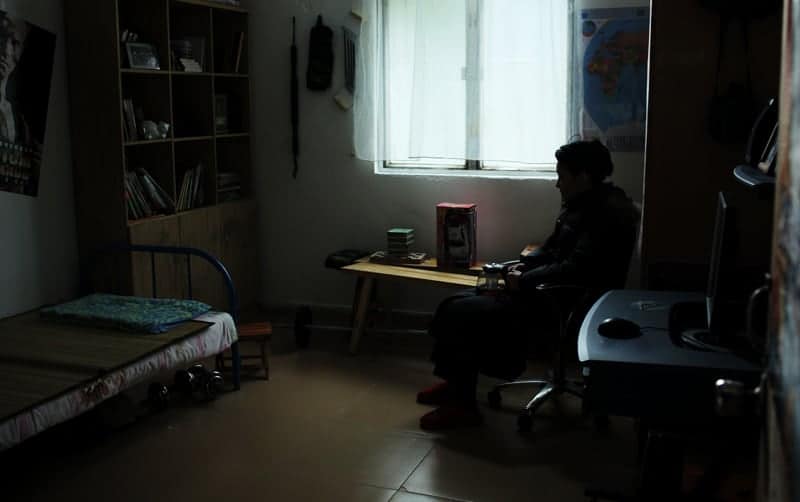
The Chinese authorities tried their best to stop Ying's film from screening at the Jeonju Film Festival, even going to the lengths of having “anonymous” buyers try to buy the film's rights. Once the film did screen, Ying's family was harassed and he was effectively exiled from returning home, the threat of an arrest ever-looming. While they were unsuccessful in stopping the film from screening, their actions in fact had the opposite effect, making it reach a much wider audience than a small independent production might have otherwise enjoyed, which is just as well, because “When Night Falls” is an important, poignant film that holds a stark mirror against a strict and bullying regime and its judicial system (Rhythm Zaveri)
Watch This Title
9. Capture Ghosts (2018) by Feng Yi
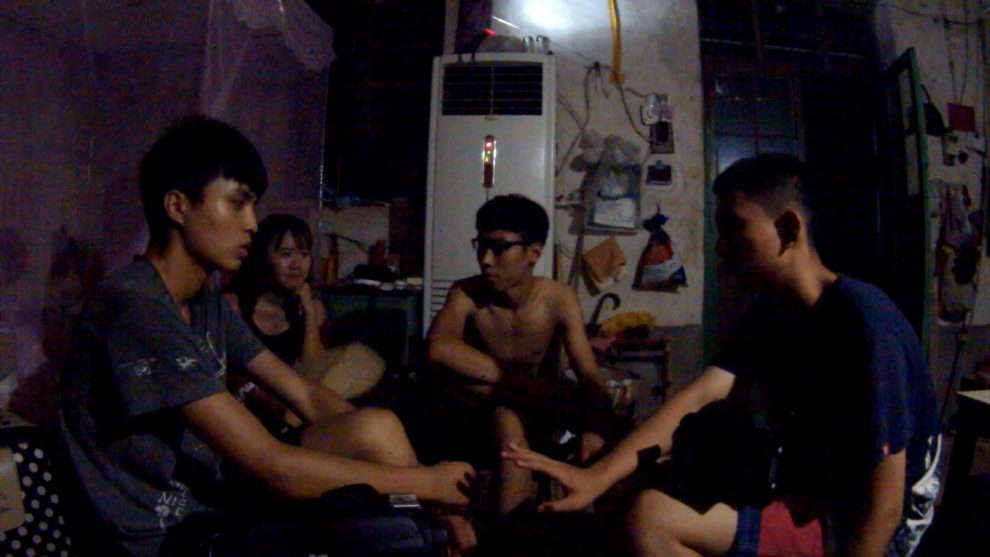
Despite the few mild missteps with the second half, there's still quite a lot to enjoy here with this short-form found-footage effort. It's not going to reinvent the genre but serves as a watchable if slightly flawed divergent for the holiday season. (Don Anelli)
Watch This Title
on CathayPlay

10. Mama Rainbow (2012) by Popo Fan

This brave documentary wasn't immune to troubles. In fact, no longer after his release it mysteriously disappeared from the major Chinese streaming platforms and it took a lawsuit and a year-long fight to get some answers. Mama Rainbow is an essential tile in the global work towards acceptance and in the fight to loosen the Chinese censors' grip over gay content, and despite few years are passed and things probably got a bit better already, its positive spirit and essence are timeless. (Adriana Rosati)
Watch This Title
